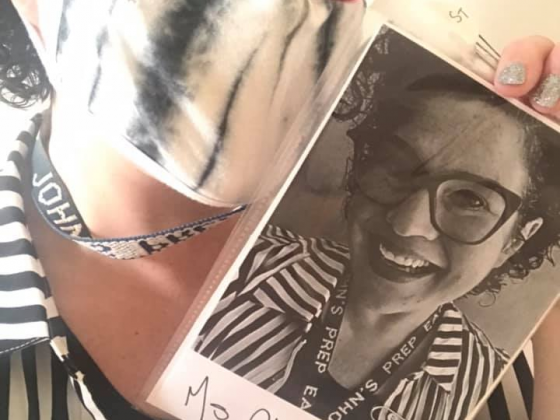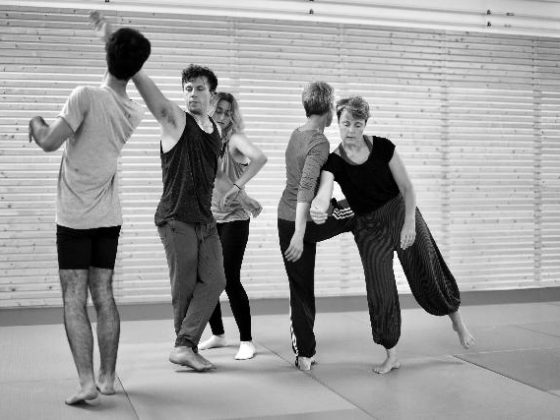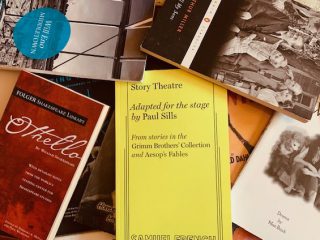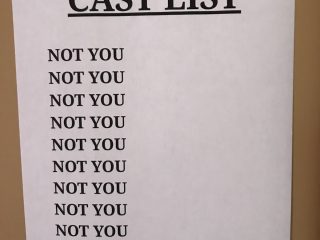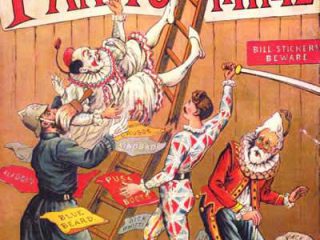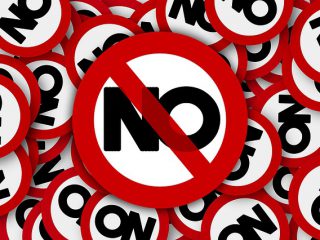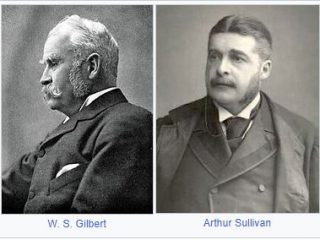What is a diva? And why exactly do we love them so?
We get the word “Diva” from Italian, in which it means “Deity” (specifically a female deity: the divine feminine). Before that it was the Latin word “Divus” (again the divine, the goddess, the being beyond death). “Diva” hopped over into English usage in the late 1800’s. Its original English definition was very much in keeping with the Italian: basically an extremely talented female opera singer. But over time the usage of the word has expanded and crystalized into something even more grand and fabulous.
A diva is a talent. The sister term to “Diva” is “Prima Donna”, which is the leading lady of an opera company (and the singer of the juiciest roles). Both “Diva” and “Prima Dona” have taken on negative connotations over the years (we’ll get to that sexist nonsense later), but in their purest form the words denote a true artistic visionary, a virtuoso. Divas lead the musical charge. Their voices move mountains. Their stage presence cannot be denied. Their charisma is tangible. Divas are artistic emissaries, spreading joy through their undeniable skill. Divas can’t exist in a vacuum; they require our adulation just as much as we require their talent. We form a symbiotic cycle, each feeding the other. We fans give divas light and they shine it right back to us.
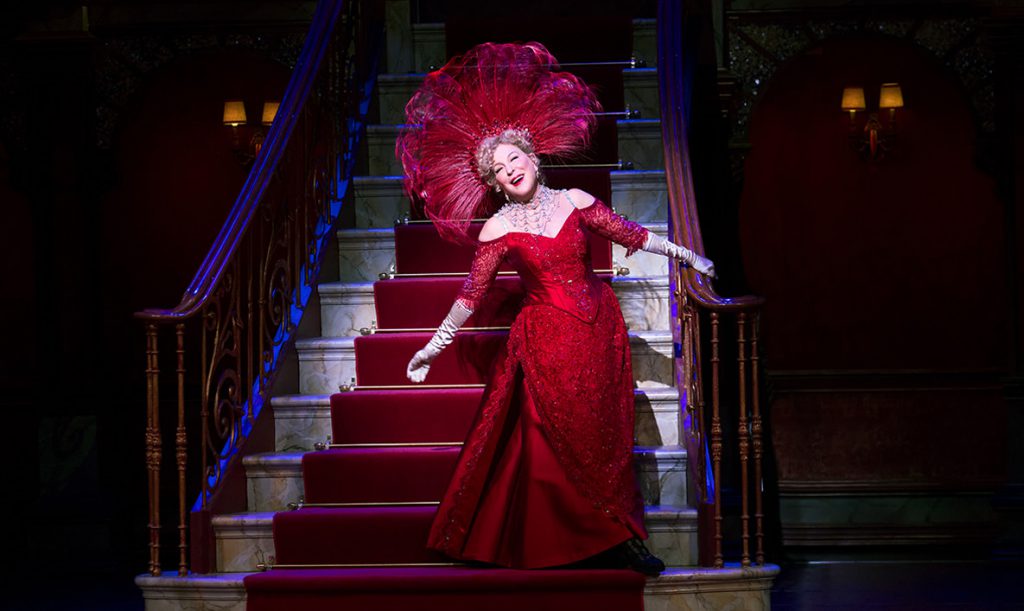
A diva is famous, pulsing with radiant energy. Successful, glamorous, stylish, idiosyncratic, opinionated, and expressive – a diva is the complete package. When a diva enters a room, you notice. In fact, you probably don’t notice anything else. She is magnetic, distinguished, and certainly not lacking in personality. She conjures her own fantastically fierce mythology. She has bite. She knows how to make an entrance, make a scene, and make a memorable exit (so that we all mourn her absence). She knows what she wants. And she knows what needs to be done in order to get it.
A diva is divine, slightly elevated from our normal, humdrum existence. Even in our largely secular world, divas give us a little glimpse of something holy, something extra. They shine from high. They are our angels. They lift us up. They give us life and a respite from the ordinary. A true diva is more than mere flesh and blood; she is an idea. She warps the fabric of the everyday.
A diva is difficult, because the world is difficult and divas have to survive. Divas are often labeled as “hard to work with”, demanding, challenging, temperamental, volatile, grandiose, self-centered, self-important, selfish, or just plain rude. There is a sledgehammer-subtle whiff of sexism here. Divas exist as a threat to the falsehood that only men can be powerful or that strength is a uniquely masculine attribute. They challenge this long-held notion of male superiority. So the patriarchy trembles and then lashes out, labeling divas as egotistical, fussy, and vicious. A talented, successful woman would have to be considered nasty because … reasons. Thus the diva is revered and feared, celebrated and lacerated, adored and maligned. They are expected to be more than human, then attacked for not being human enough. But the diva will not be diminished. Nevertheless, she persists, forever ascending and forever breaking barriers. Harsh words and bad press bounce off her. She turns survival into an art form.
A diva is timeless. She breaks out of her own time and becomes immortal….
Think of Maria Callas and her indomitable flair: grit and power incarnate.
Think of the Queen of Soul herself, Aretha Franklin, bringing down the house with her undeniable spirit and truth.
Think of Barbara Streisand doing literally anything.
Think of Bette Midler’s divine wit: gregarious, generous, and sparkling.
Think of Mariah Carey’s incandescent, playful fabulousness taken to the ultimate extreme, where it almost starts to become performance art (hot tea, anyone?).
Think of Beyoncé reclaiming the term “Diva”, fully embracing it, and using her diva status to normalize and celebrate female power and excellence.
Think of Patti LuPone, both the woman herself and the women she portrays – a diva playing divas (use a cell phone in her presence at your peril).
Think of Idina Menzel’s powerhouse voice, giving Elphaba and Elsa their spine and verve (bonus Diminutive Diva points for Kristin Chenoweth, turning Wicked into a Diva Double Jeopardy).
Think of countless other singers, actors, drag performers, MC’s, pop stars, talent show contestants. Divas are everywhere, far too many to name. They are legendary. And they are many.
And why do we love divas? If you have ever heard a true diva’s voice, seen one of them perform, and been anywhere near their unique auras, then you don’t need me to explain it to you. Why do we love them? How can we not? They are everything we aspire to be: powerful, heroic, forceful, unapologetic. We love them for who they are and for what they make us aspire towards. Their excellence becomes our excellence. Their confidence becomes our confidence. They are hope incarnate. Long may they reign.

